Showing results for february2024 20x bobet free spinks japan february2024 20x

Brazil’s ANPD Preliminary Study on Generative AI highlights the dual nature of data protection law: balancing rights with technological innovation
[…] Article 1 of the LGPD identifies the objective of the law as ensuring the processing of personal data protects the fundamental rights of freedom, privacy, and the free development of personality.3 At the same time, Article 2 of the LGPD recognizes data protection is “grounded” on economic and technological development and innovation. The study […]

FPF Experts Take The Stage at the 2025 IAPP Global Privacy Summit
[…] Benifei (Member of European Parliament, co-Rapporteur of the AI Act), John Edwards (Information Commissioner, U.K. Information Commissioner’s Office), and Louisa Specht-Riemenschneider (Federal Commissioner for Data Protection and Freedom of Information, Germany), on Cross-regulatory Cooperation Between Digital Regulators. Their panel began by painting a detailed portrait of how the proliferation of digital regulations has created […]

The Curse of Dimensionality: De-identification Challenges in the Sharing of Highly Dimensional Datasets
[…] high utility loss for QIs) Masking Obscure parts of data values (e.g., XXXX) Obscure direct identifiers Simple; Preserves format Limited privacy protection; Can reduce utility; Hard for free text Low (Insufficient for QIs in queries) Generalization Replace specific values with broader categories Reduce identifiability via QIs Basis for k-anonymity Significant utility loss, especially in […]
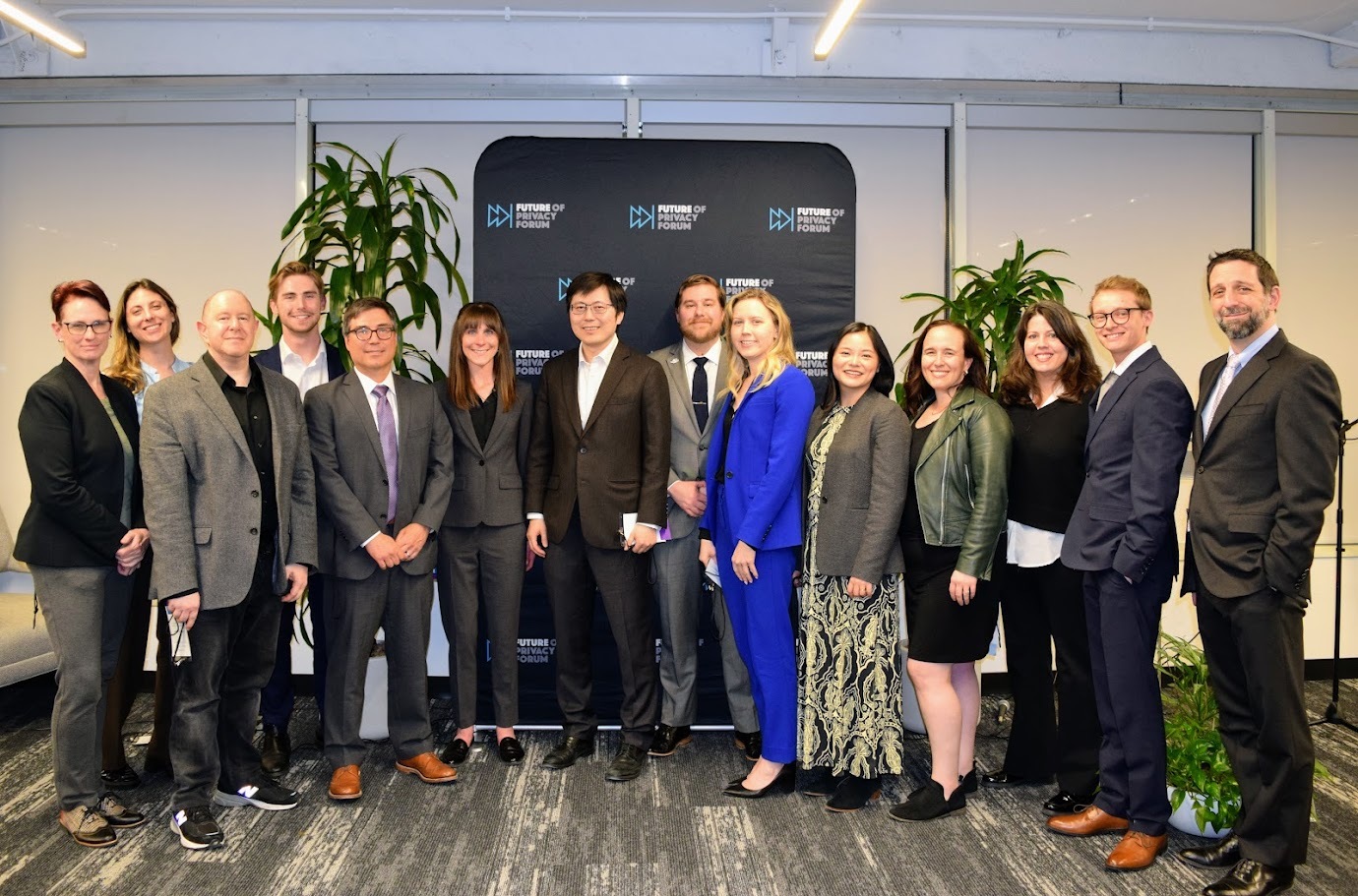
FPF Privacy Papers for Policymakers: A Celebration of Impactful Privacy Research and Scholarship
[…] while scraping has long existed in a legal gray area, the rise of AI has heightened privacy concerns. He challenged the perception that publicly available data is free for unrestricted use, noting that privacy laws are evolving to address these issues. The discussion explored potential regulatory solutions, emphasizing the importance of distinguishing between beneficial […]
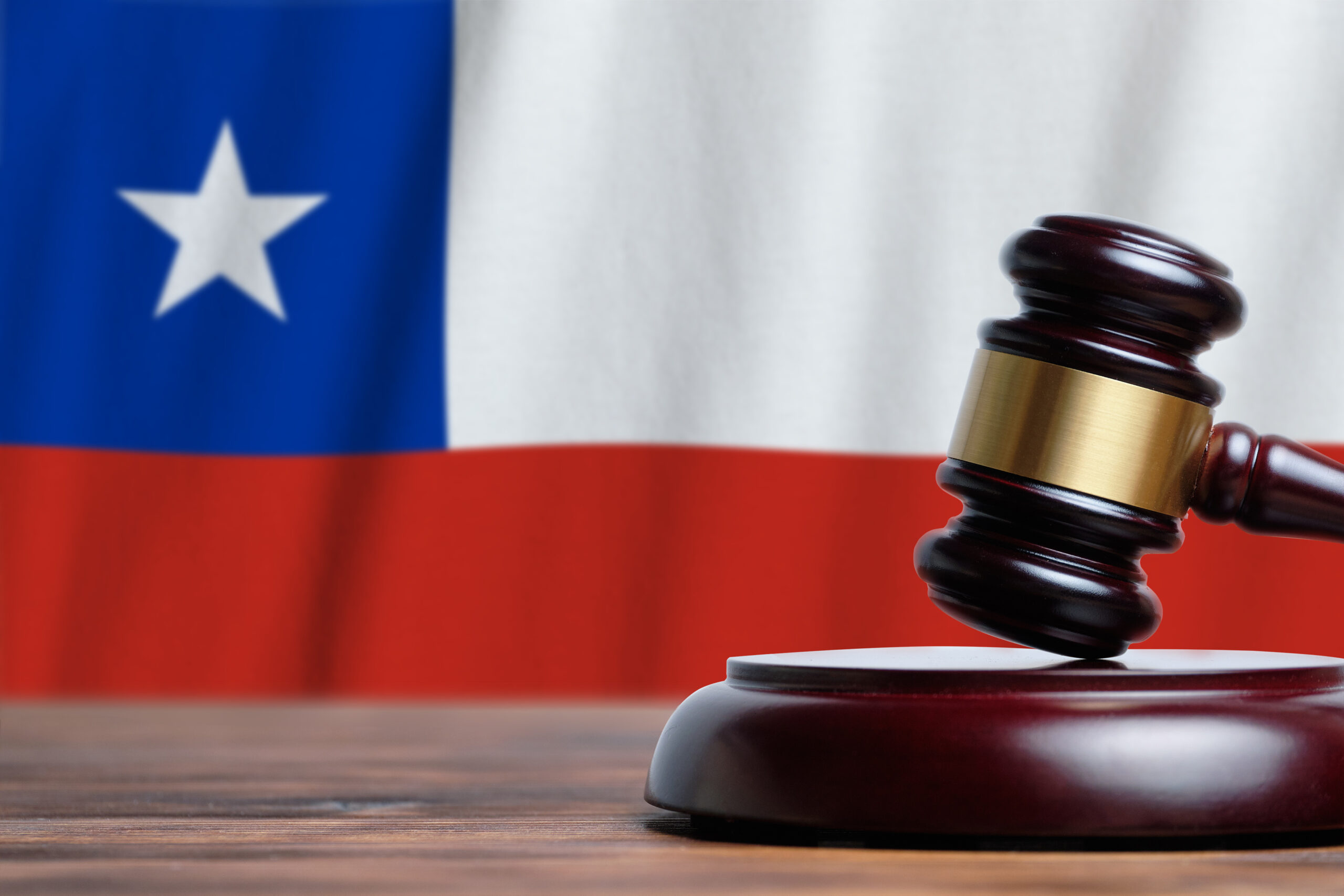
Chile’s New Data Protection Law: Context, Overview, and Key Takeaways
[…] maintains consent as the general basis for the processing of personal data – similar to how it was regulated by the former LPVP. Consent must be “ free, informed and specific as to its purpose” and given “in advance and unequivocally” by means of a verbal or written statement, or expressed through electronic means […]
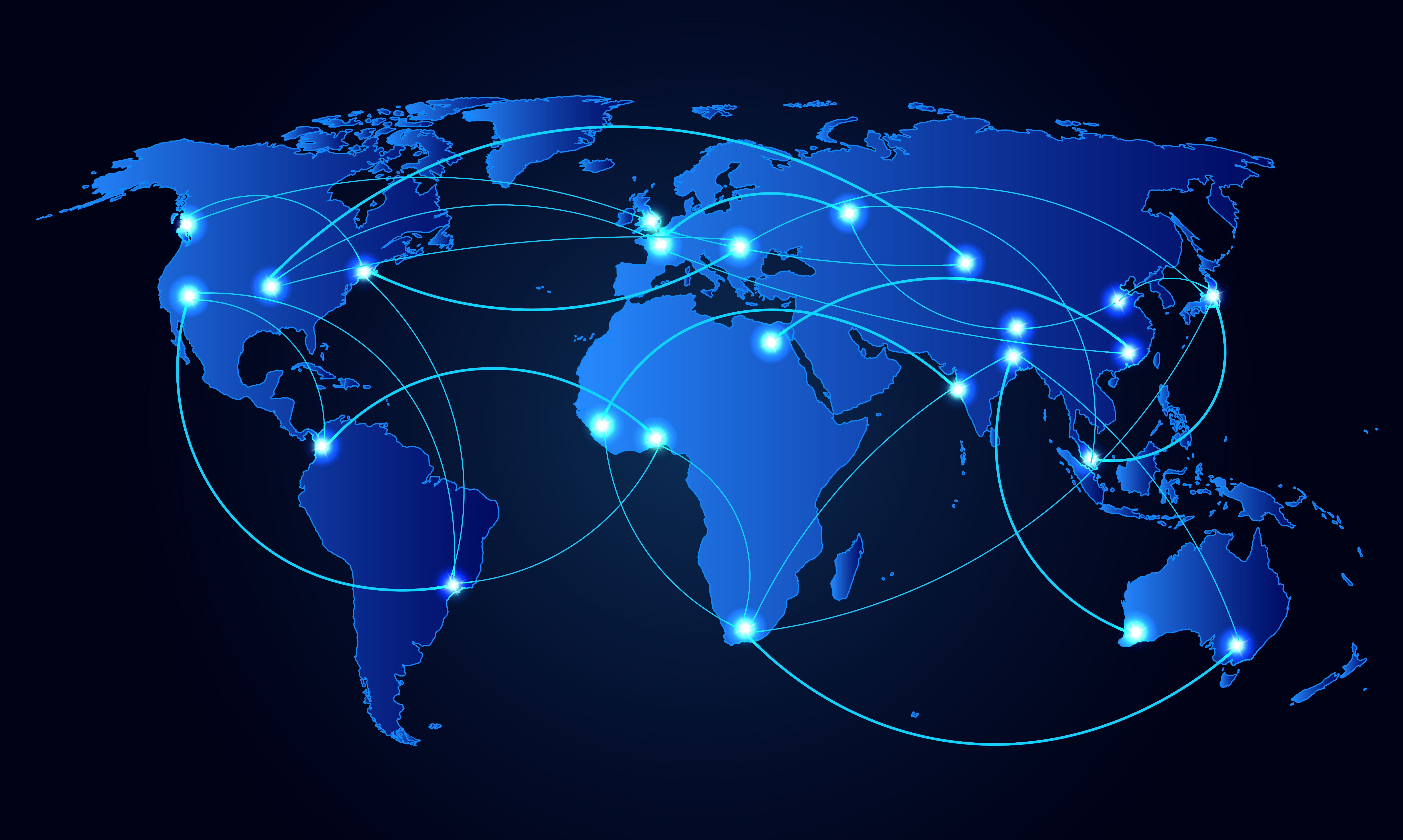
Geopolitical fragmentation, the AI race, and global data flows: the new reality
[…] and the United States. Dealing with these risks requires that greater attention be paid to geopolitical crises and legal fragmentation as a threat to protections for the free flow of data across borders. The end of the ‘Brussels effect’? There has been much talk of the ‘Brussels effect’ that has allowed the EU to […]
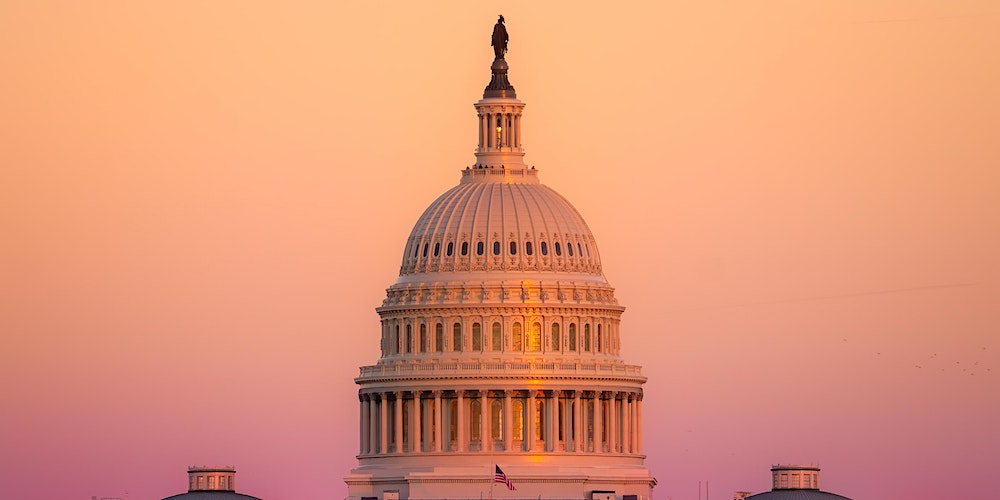
15th Annual Privacy Papers for Policymakers
[…] privacy professionals. The event will be held on Wednesday, March 12, 2025 at FPF Headquarters, 1350 I St, Suite 200, NW, Washington, D.C. 20005. This event is free and open to the general public. Register for this event by clicking here! To learn more about the 14th Annual Privacy Papers for Policymakers, click here. […]
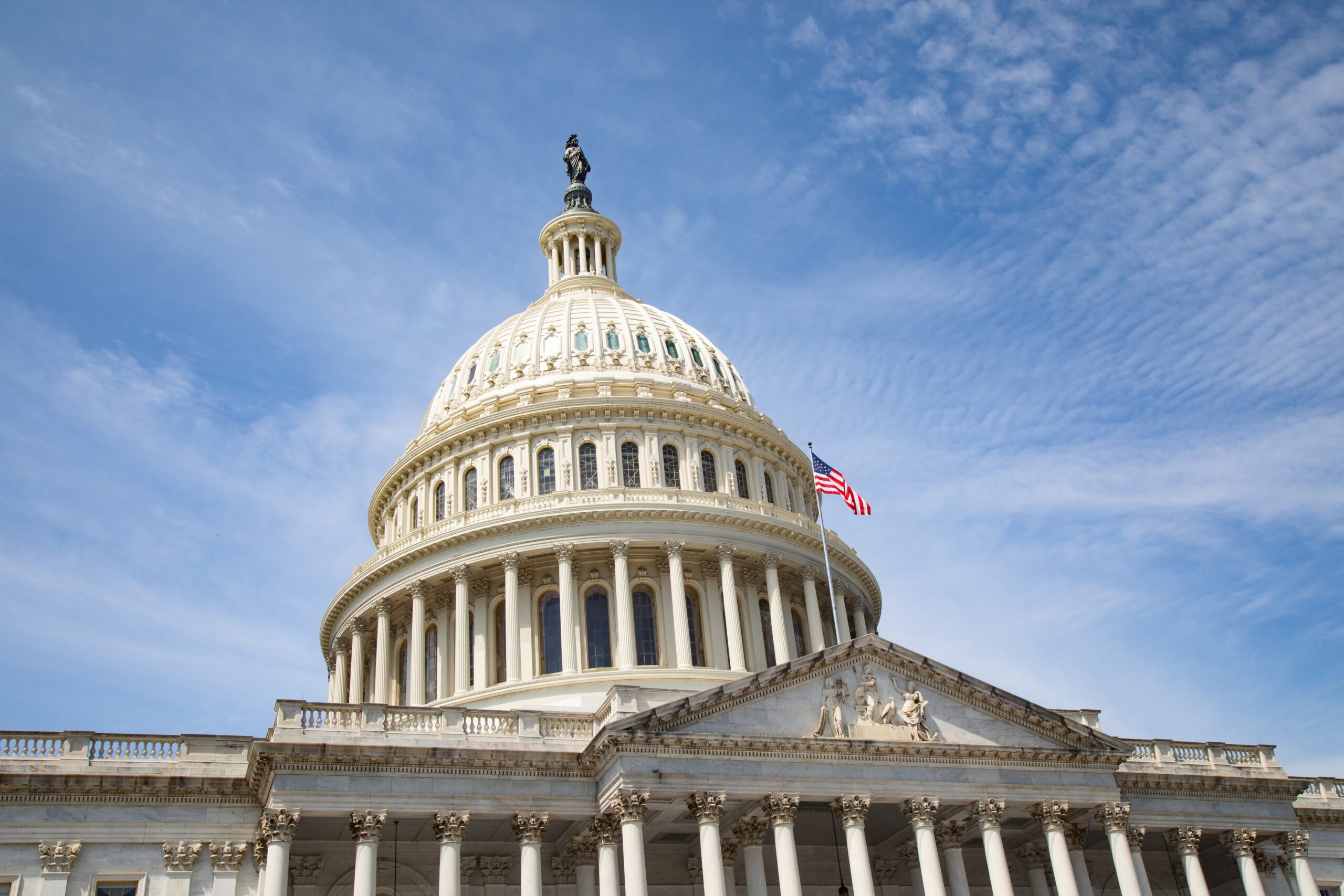
This year’s Winning Privacy Papers to be Honored at the Future of Privacy Forum’s 15th Annual Privacy Papers for Policymakers Event
[…] must undergo a serious reckoning with privacy law. Scraping has evaded a reckoning with privacy law largely because scrapers act as if all publicly available data were free for the taking. But the public availability of scraped data shouldn’t give scrapers a free pass. Privacy law regularly protects publicly available data, and privacy principles […]
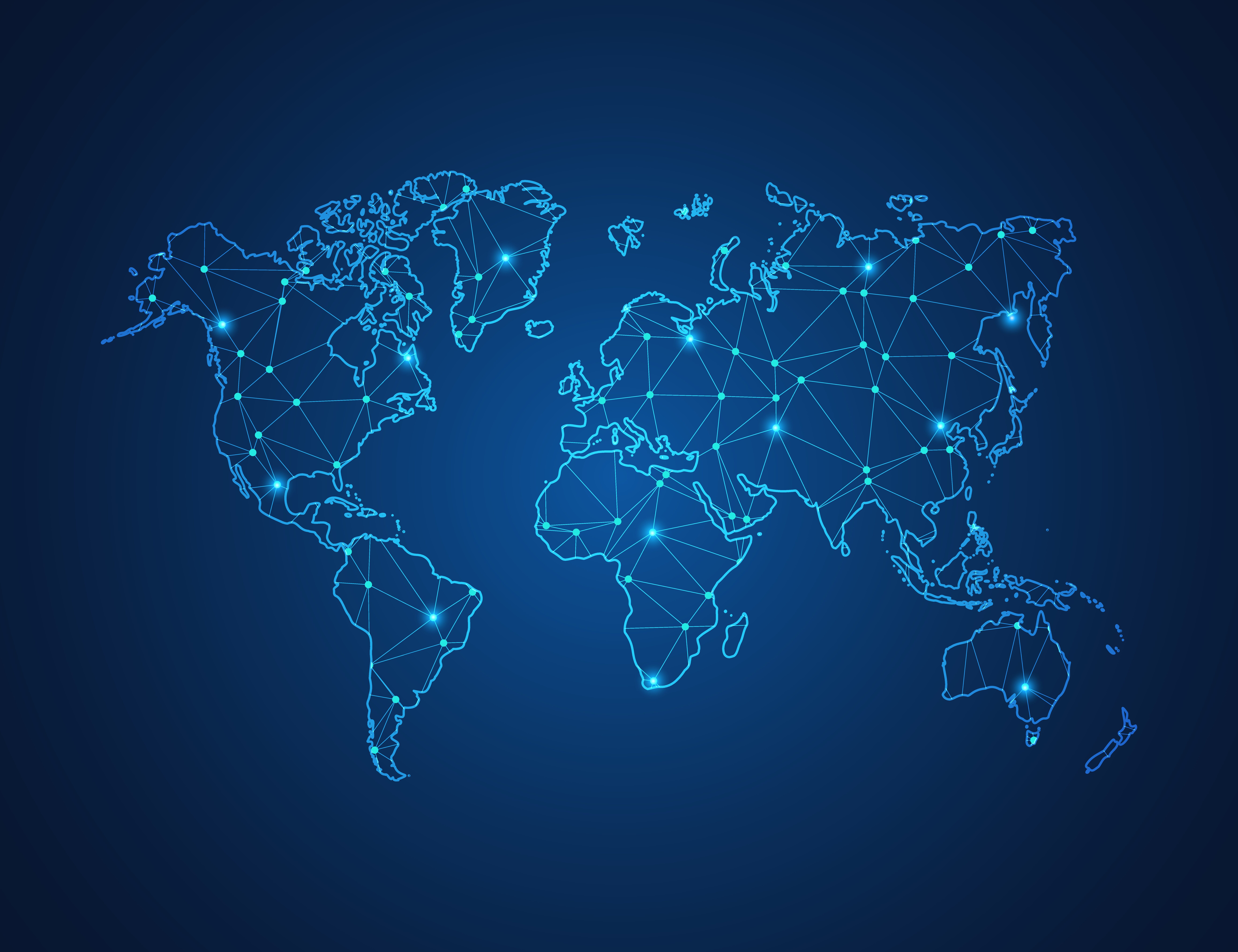
What to Expect in Global Privacy in 2025
[…] “There will be signs of slight regulatory fatigue in AI governance and regulatory initiatives in APAC. This is especially so among the more mature jurisdictions, such as Japan, Singapore, China, and Australia. Rather than developing new headline regulatory or governance initiatives, efforts are likely to focus on the development of tools for evaluation and […]

FPF’s Year in Review 2024
[…] Brief analyzing the regulatory strategies and priorities of data protection authorities (DPAs) in Latin America. We dissected “neurorights,” a set of proposed rights that specifically protect mental freedom and privacy, which have captured the interest of many governments, scholars, and advocates, which is very apparent in Latin America. FPF looked into several countries that […]
